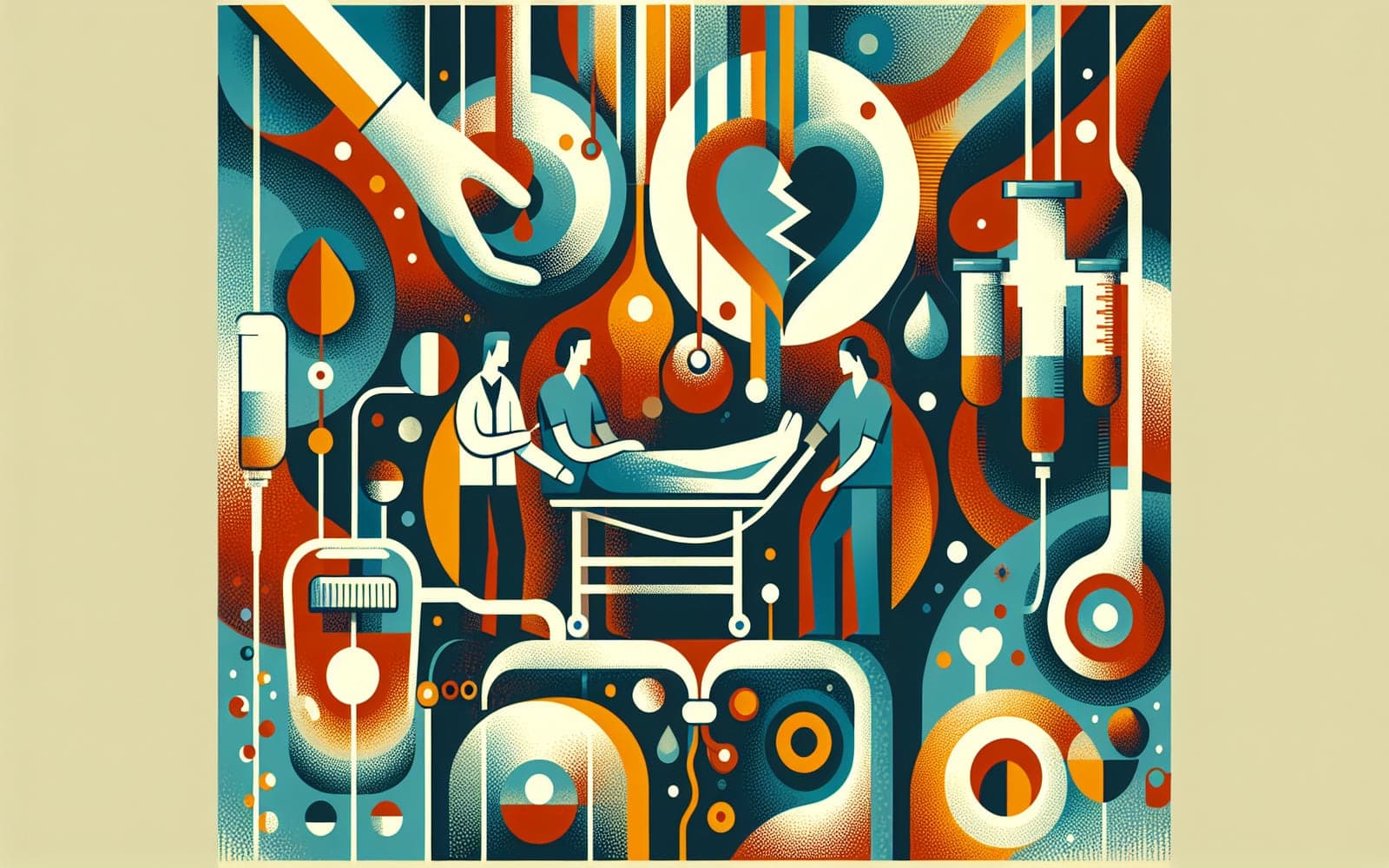What Is Acute Calculous Cholecystitis and How Is It Treated?
Published: Oct 06, 2023

Medically reviewed by Allegra Fierro | MD, Icahn School of Medicine at Mount Sinai - New York on October 6th, 2023.
Acute calculous cholecystitis is a painful condition linked to gallbladder inflammation due to gallstones. Let's explore what this condition involves and the options available for treatment.
Contents
Understanding Acute Calculous Cholecystitis
Acute calculous cholecystitis (ACC) is a condition characterized by sudden inflammation of the gallbladder, often accompanied by severe pain, fever, and high white blood cell counts. It is typically caused by gallstones blocking the gallbladder duct, leading to inflammation. While most cases are due to gallstones, some occur without them, called acalculous cholecystitis. The condition can lead to severe complications like gallbladder rupture if not treated promptly.
Diagnosing ACC
Diagnosing acute calculous cholecystitis involves a physical examination where a doctor presses on the abdomen to check for pain. A positive Murphy's sign, which is pain upon pressing the right upper abdomen, can suggest ACC. Imaging tests like ultrasound or cholescintigraphy are used to confirm the diagnosis. These tests help visualize the gallbladder and identify any blockages caused by gallstones.

Treatment Options
The main treatment for ACC is surgery to remove the gallbladder, known as cholecystectomy. In patients who cannot undergo surgery immediately, antibiotics and gallbladder drainage may be used initially. Elective surgery may be performed later once the inflammation subsides. In some cases, particularly with complications, emergency surgery is necessary.
Frequently Asked Questions
Gallstones blocking the gallbladder duct cause inflammation.
Through physical exams and imaging tests like ultrasound.
Surgical removal of the gallbladder, called cholecystectomy.
Yes, if complications like gallbladder rupture occur.
Key Takeaways
Understanding ACC is crucial for early intervention and avoiding severe complications.
Get started by discussing potential symptoms of ACC with Doctronic today.Related Articles
References
Okamoto K, Suzuki K, Takada T, et al. Tokyo Guidelines 2018: flowchart for the management of acute cholecystitis. J Hepatobiliary Pancreat Sci 2018; 25:55.
Strasberg SM. Clinical practice. Acute calculous cholecystitis. N Engl J Med 2008; 358:2804.
This article has been reviewed for accuracy by one of the licensed medical doctors working for Doctronic. Always discuss health information with your healthcare provider.

